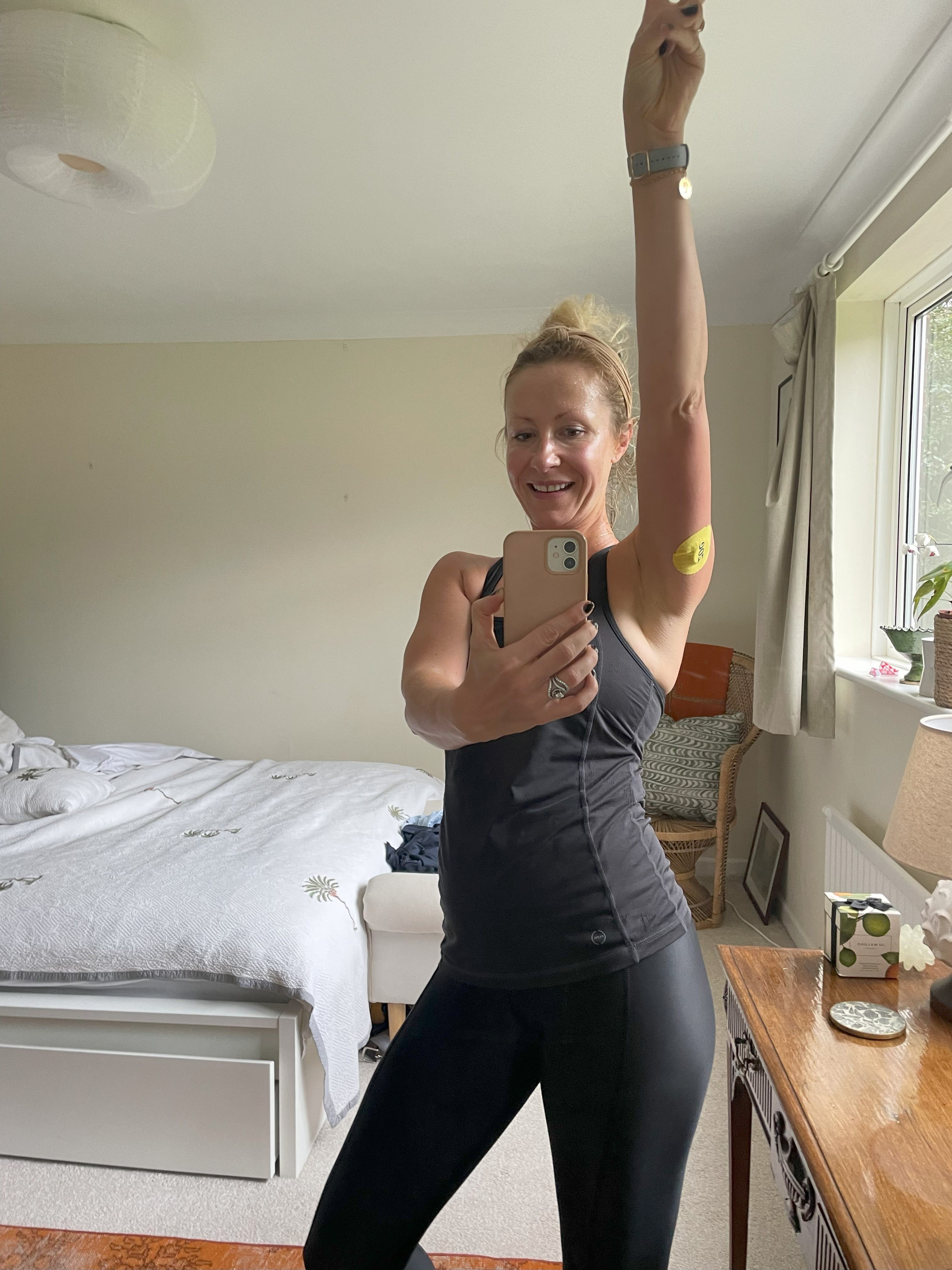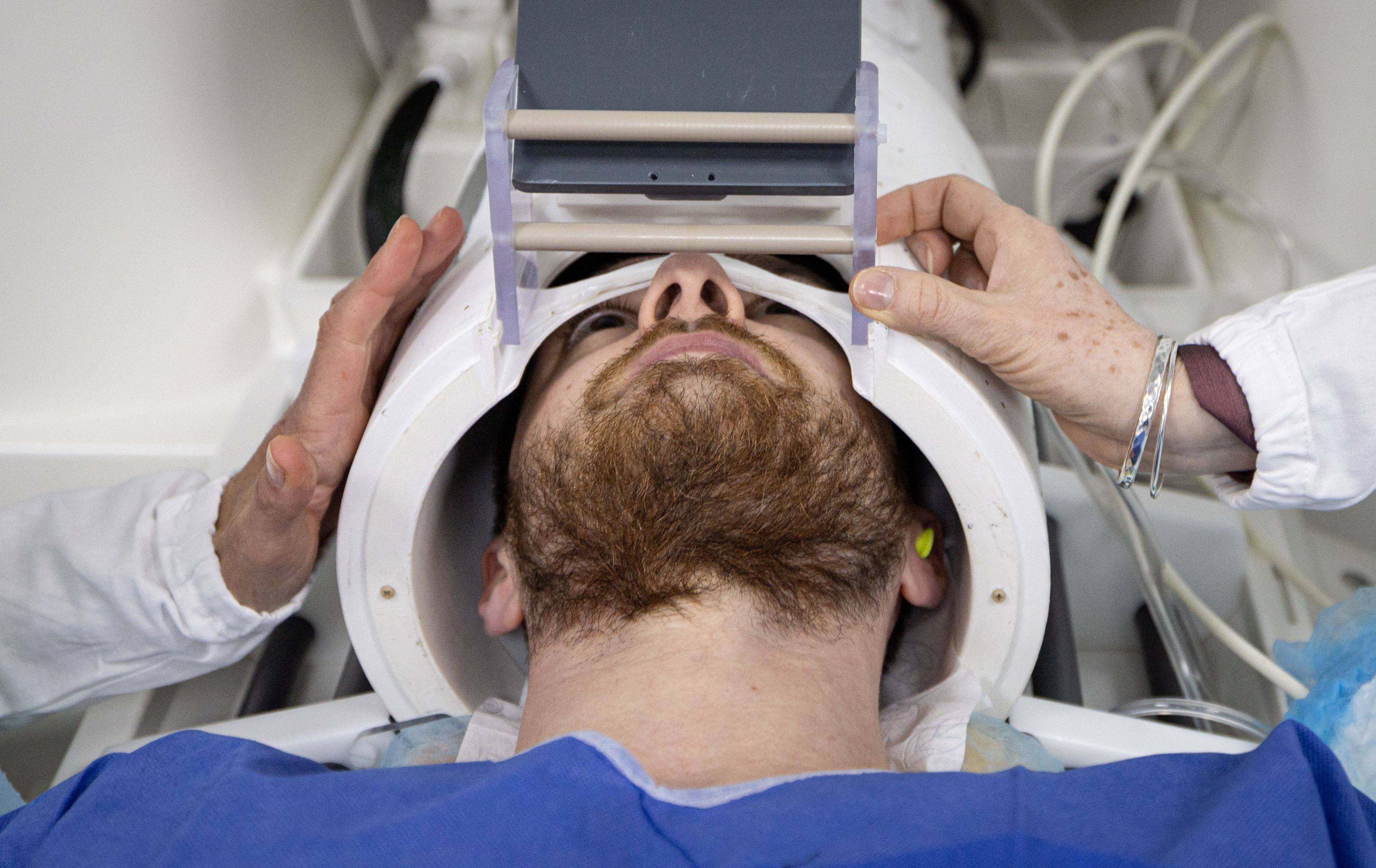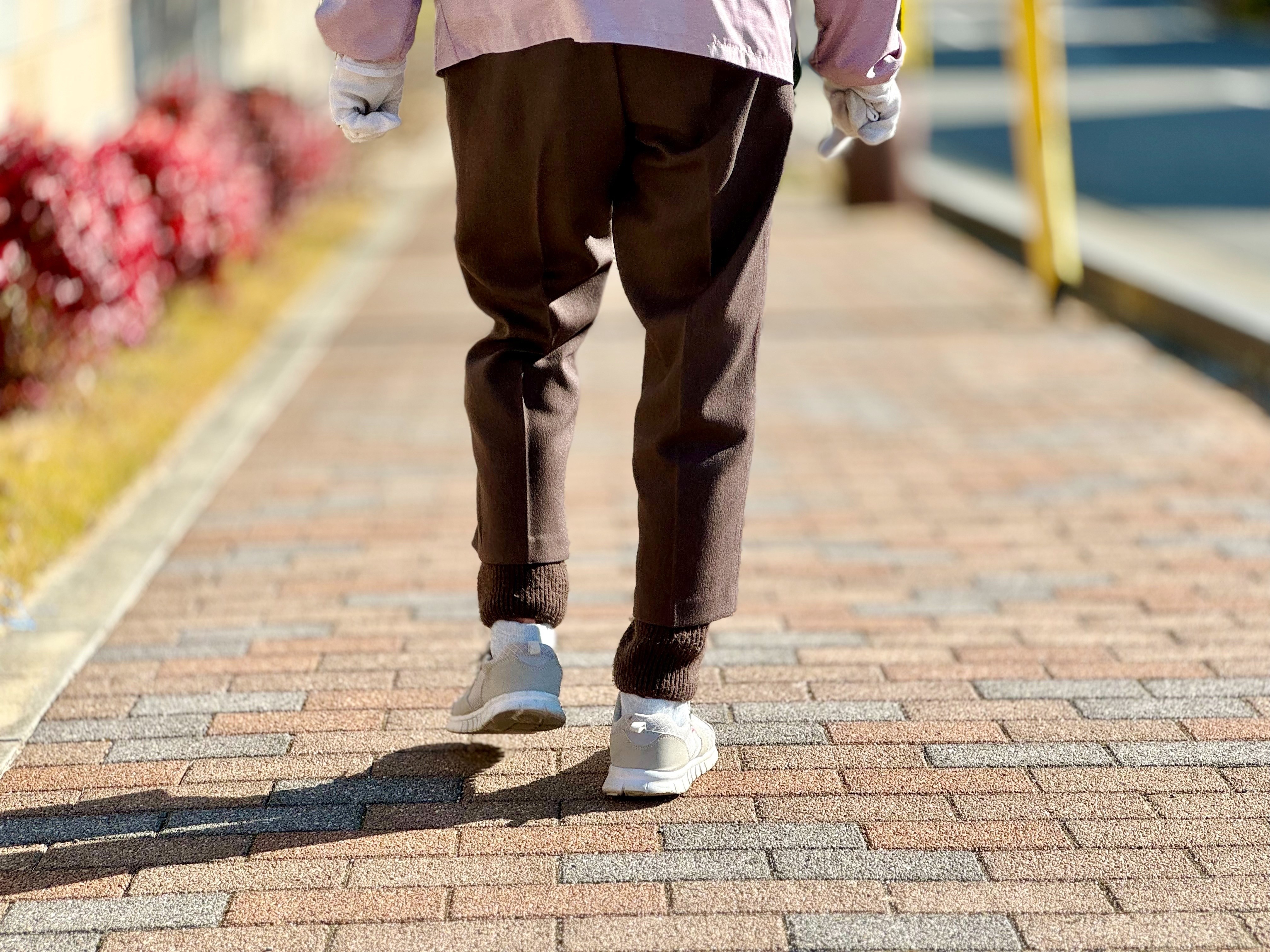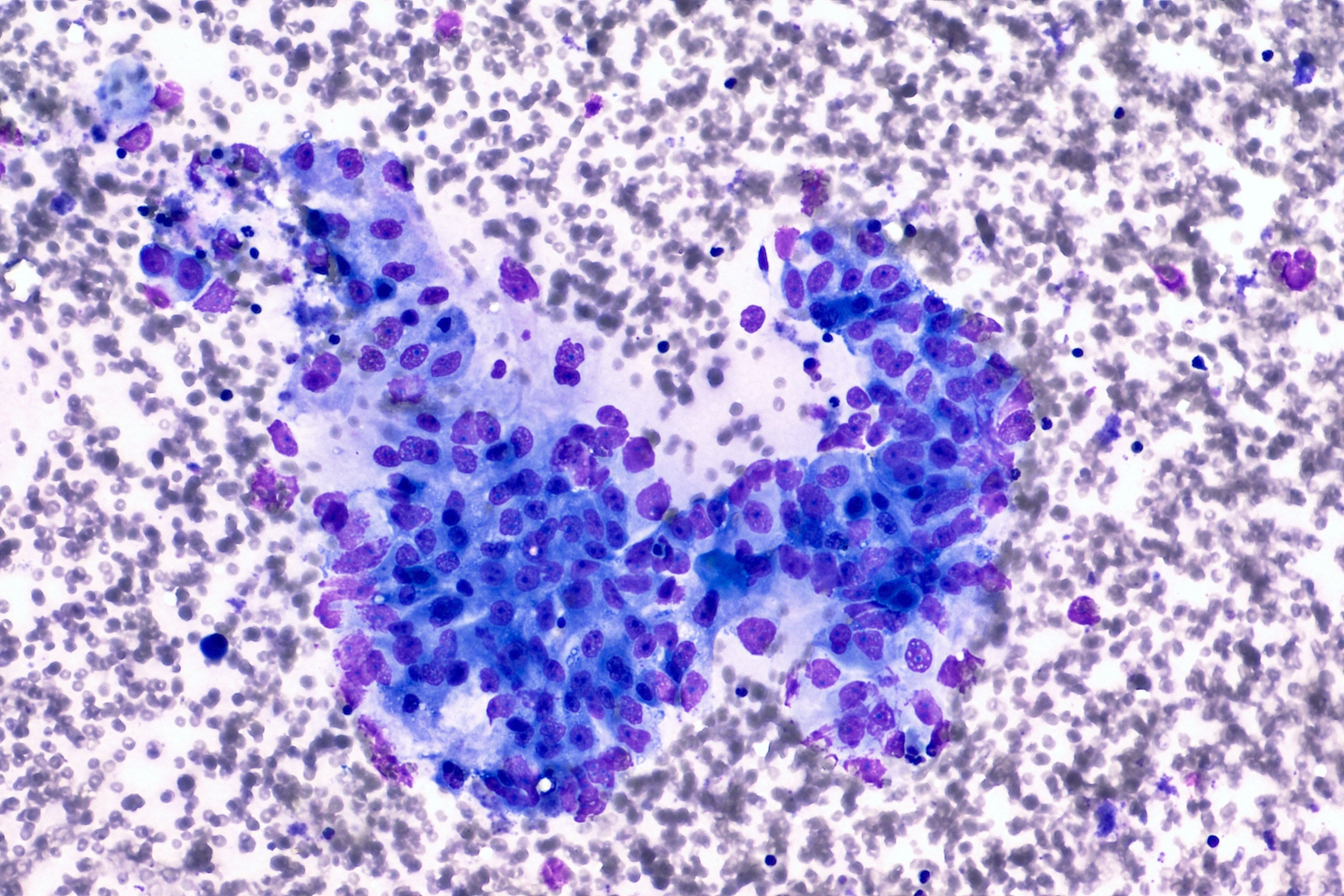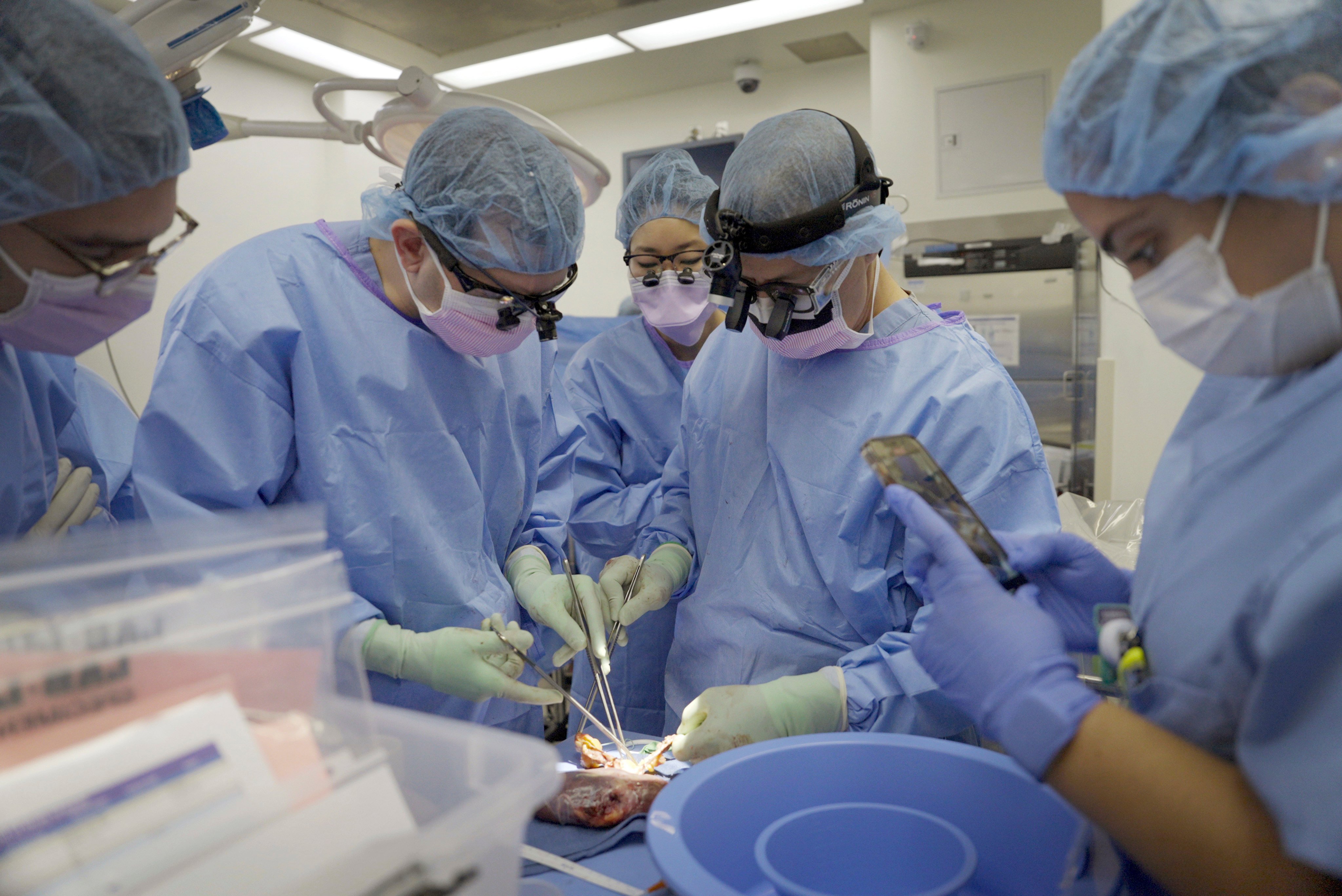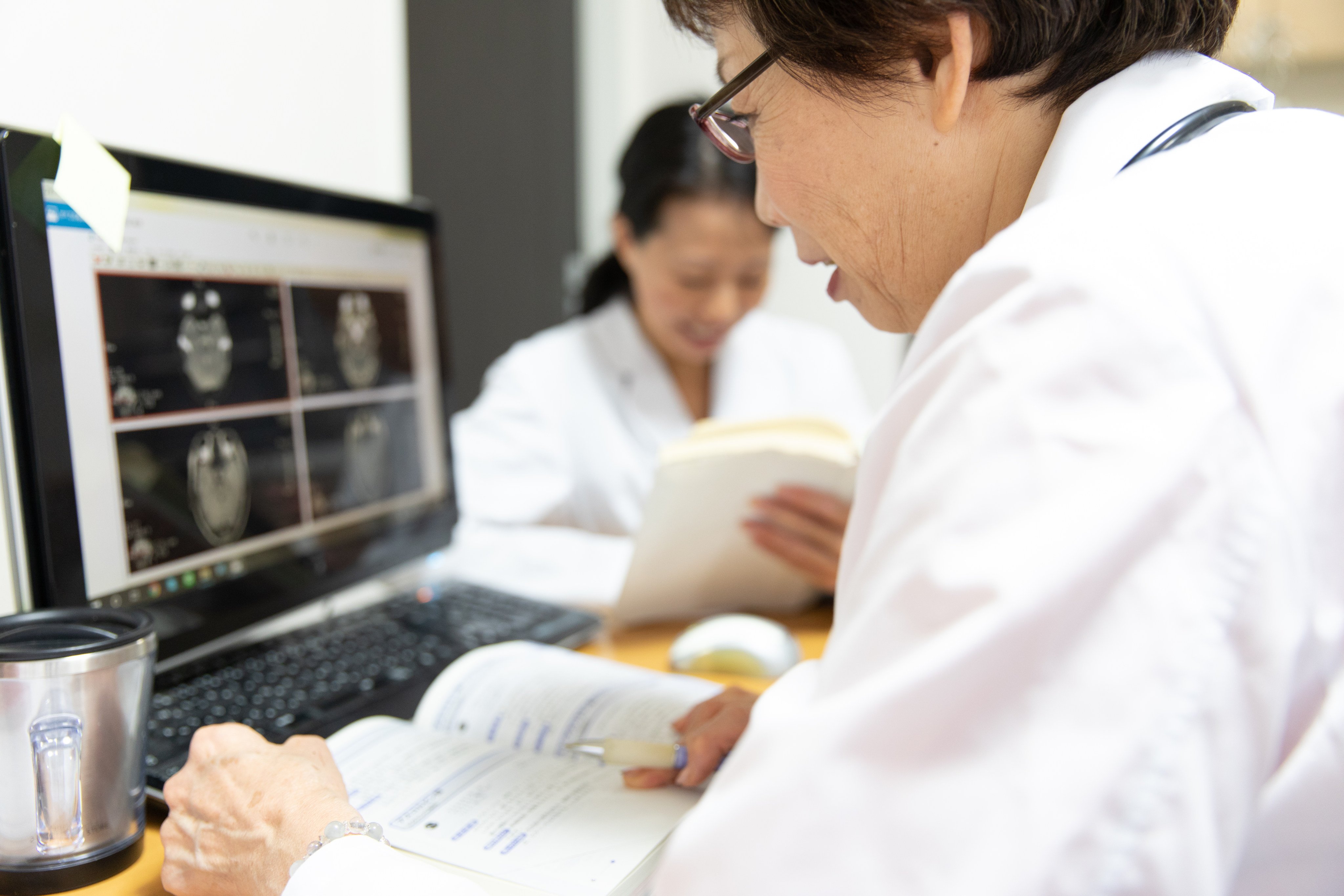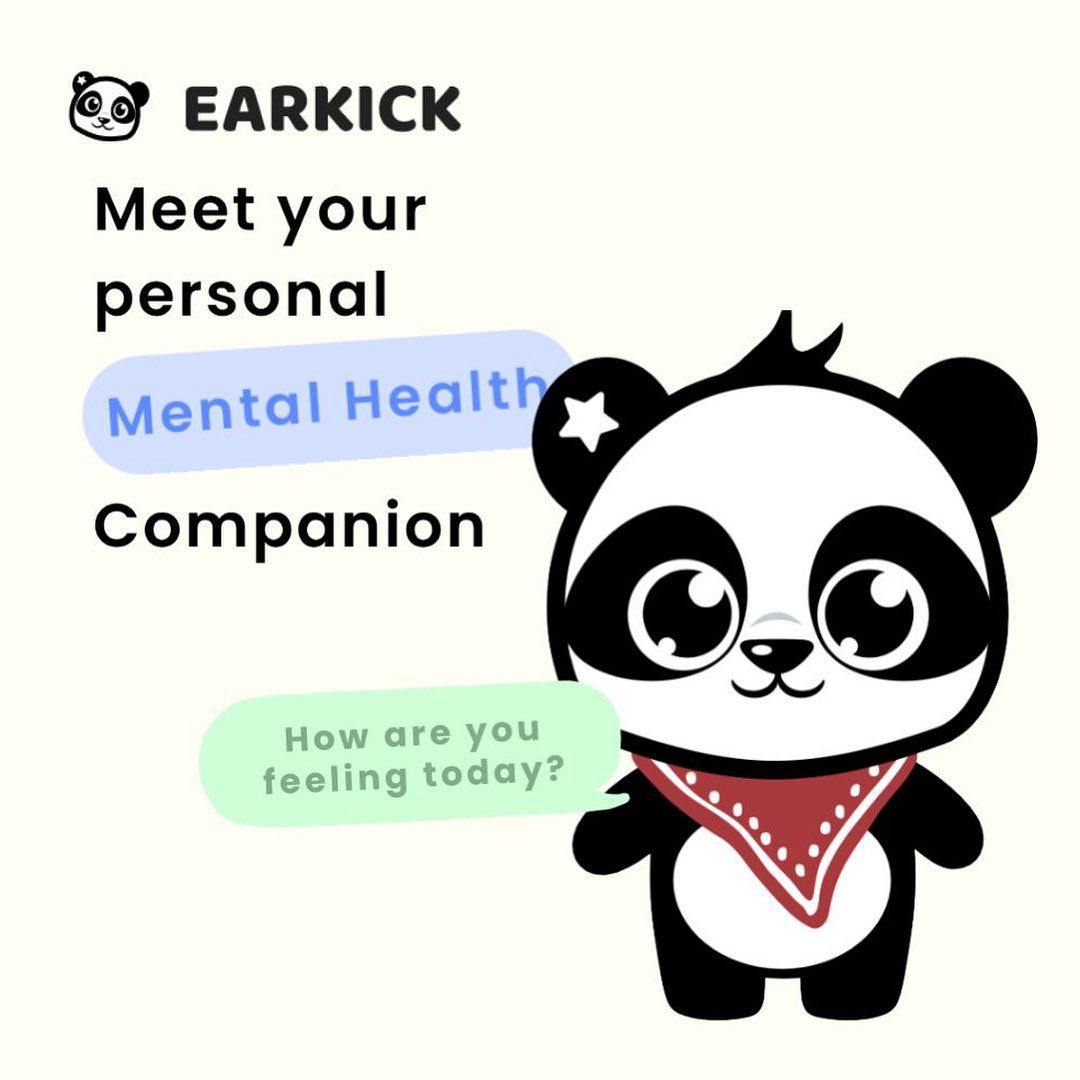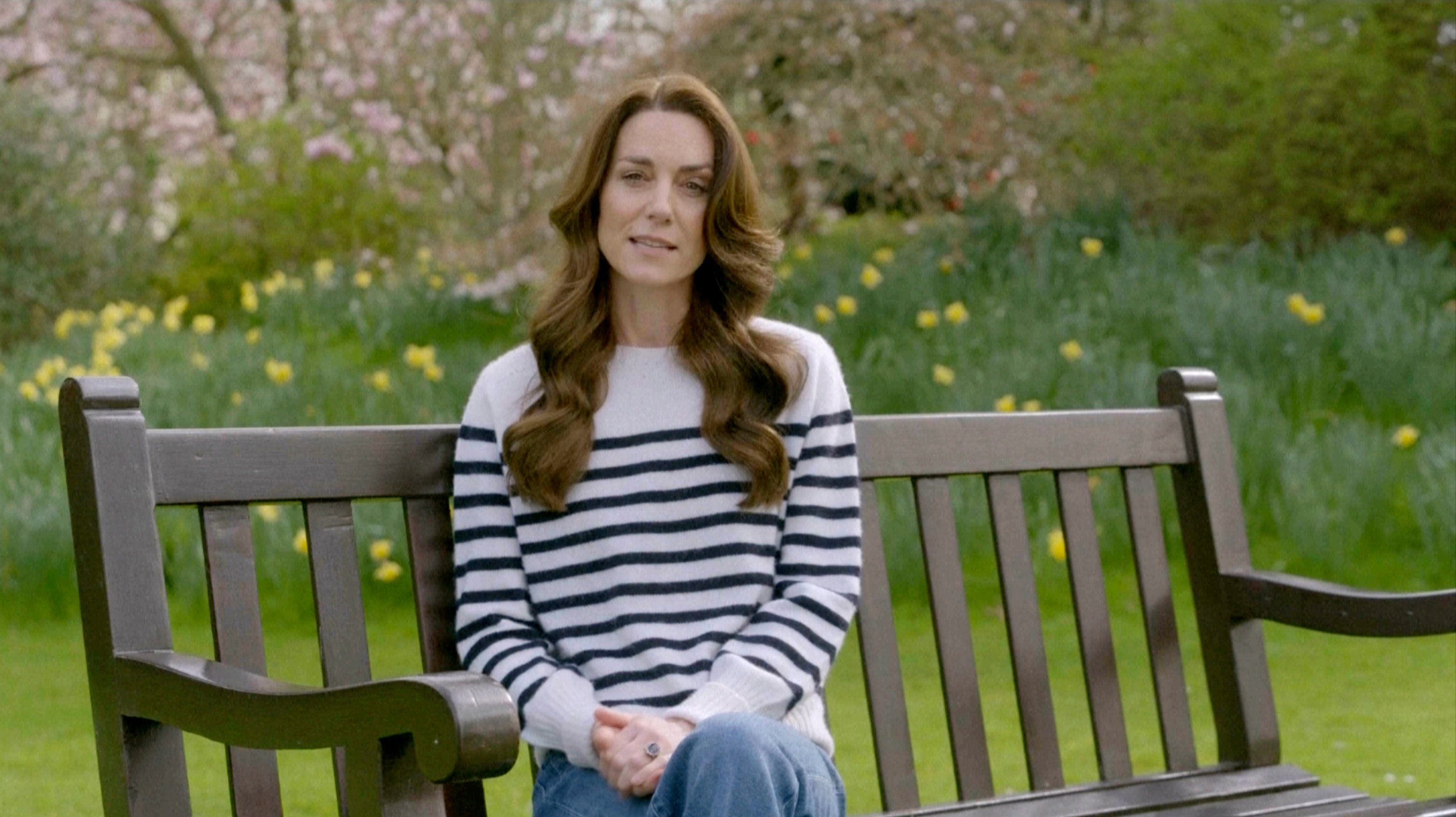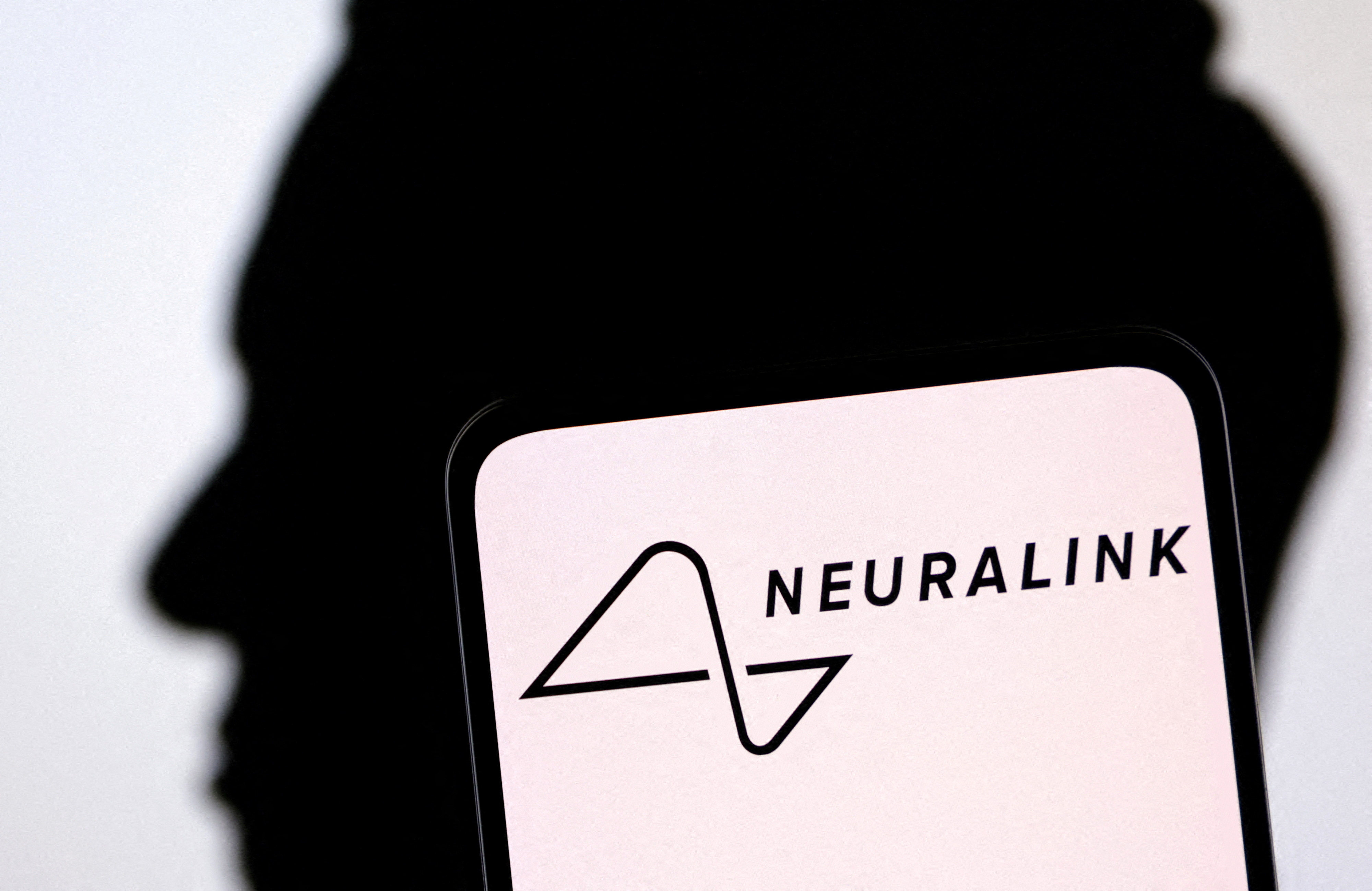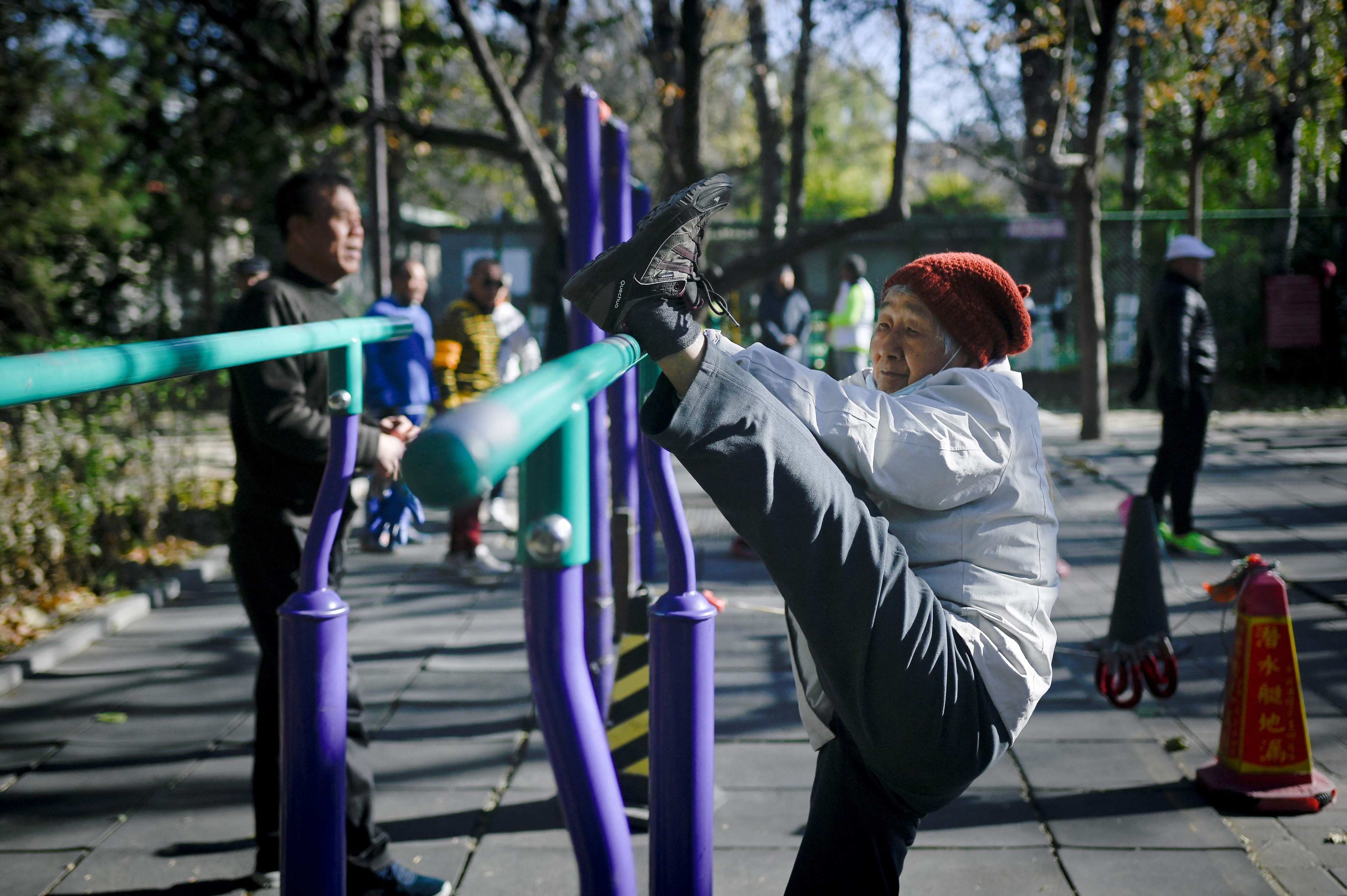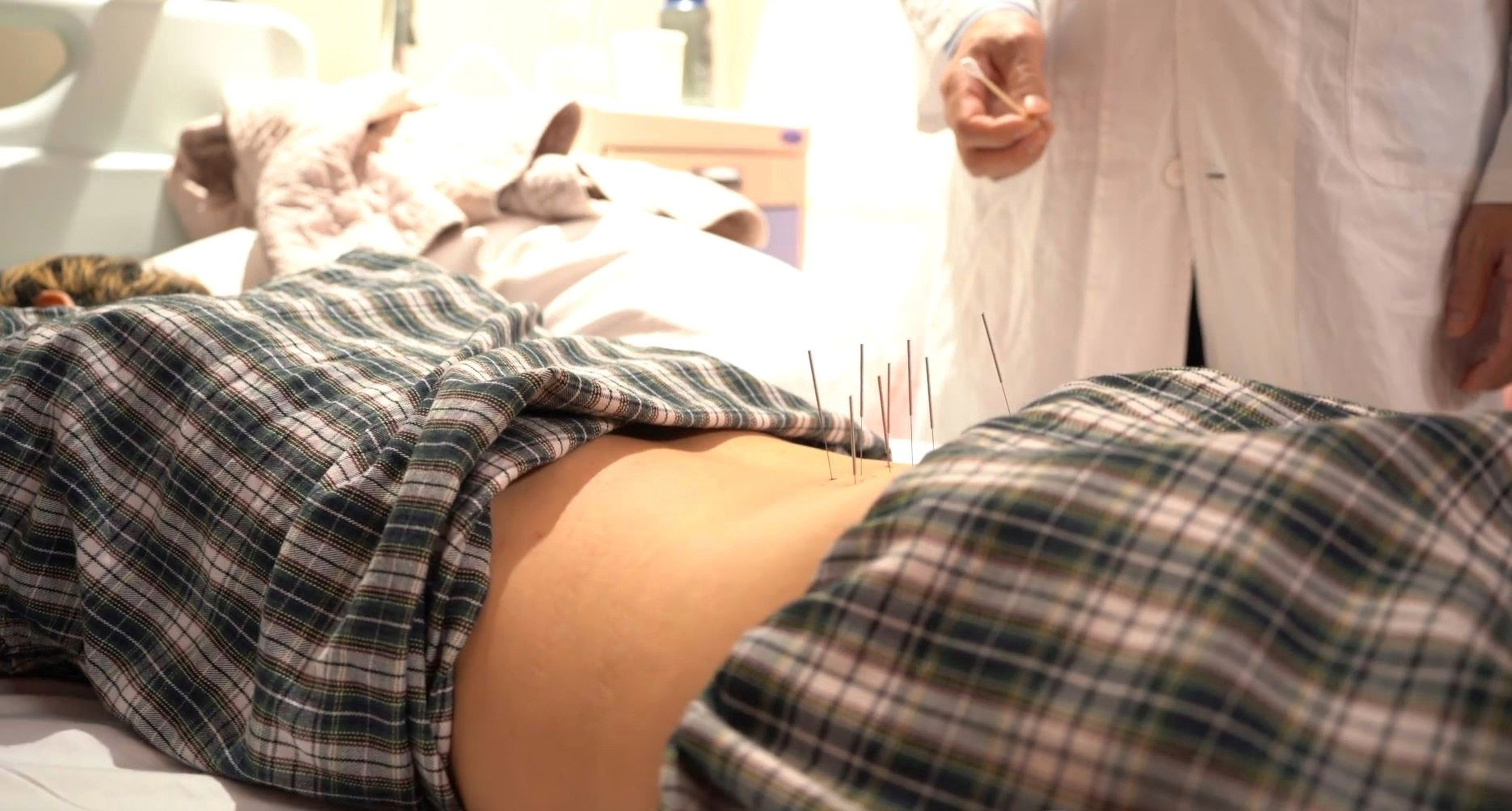
Topic

A comprehensive publicity drive is needed to ensure greater community awareness by the time the new legislation comes into effect.
But spending is very much about the future, and how well the city fares at achieving its objective will not be clear for a long time.
Incidents at city facilities must be thoroughly investigated and measures to prevent a repetition clearly spelled out and promptly implemented
City has the expertise – and connections with mainland China – to be a serious and world-leading player in the biomedical industry.
- Dr Adrian Wu says allergy ‘season’ differs depending on climate and environment; in Hong Kong, the onset of high humidity heralds dust-mite breeding
- While pollen is a cause of allergies in parts of the world, dust mites are the bigger problem in Hong Kong; dehumidifiers and hot water are weapons of choice
Whooping cough, or pertussis, is distinguished by the sound made by inhaling after a coughing fit. Since 2023, there has been an increase in cases of the infection, which can last for three months.
Nephrologist Chan Siu-kim tells Coroner’s Court he did not consider use of an antiviral drug usually needed for liver problems such as hepatitis B.
Singapore’s food safety watchdog says a product marketed as confectionery with claims of male sexual-enhancement effects contained a potent prescription medicine used to treat erectile dysfunction.
A doctor and a nutritionist, both in Hong Kong, describe the differences between stomach flu and food poisoning, the causes of gastroenteritis and how best to treat it.
A new study finds recipients of donated organs report personality and other changes, including ‘new’ memories, which may reflect the experiences of their organ donors.
You can’t be a biohacker without data. We take the Zoe test that checks our gut and blood sugar level, and use its app to see the changes in eating habits it suggests to avoid potential health problems.
The woman was due for a regular check on her pregnancy, but staff performed tissue removal surgery instead, causing her to lose her fetus.
Climate change and a dwindling number of practitioners pose a threat to the Sowa Rigpa system of medicine that dates back to more than 2,500 years.
Schumer consulted a doctor about her puffy face, and learned she had Cushing’s syndrome, which is caused by prolonged exposure to excessive levels of stress hormones.
The machine is able to scan images with 10 times more precision than MRIs commonly used in hospitals, and is hoped will shed more light on our mysterious minds – and the illnesses that haunt them.
Overwhelmed by her son’s autism diagnosis, Carmen Li threw herself into researching it online, and eight years later, started the platform Optism, aimed at Asian parents of children with ASD.
Changes in gait – particularly difficulty walking a curved path – may be an early sign of dementia, an expert says; families should be on the lookout to help protect a sufferer’s safety and quality of life.
Team constructs model for pancreatic cancer prognosis and reports identification of two important protein biomarkers. PDAC causes around 466,000 deaths a year, predicted to become the second leading cause of cancer-related deaths by 2030.
Two recent groundbreaking surgeries have raised ethical concerns over the practice of animal-to-human organ transplants.
Readers make the case for more women in leadership roles in the healthcare sector, and discuss the elevated suicide rate in Hong Kong.
Brain cancer can’t be headed off by changing lifestyles, unlike, say, lung cancer. There are various types of tumour, some more aggressive than others. Recent drug therapy advances show promise.
Dietary supplements meant to lower cholesterol were recalled after kidney complaints from customers. More than 100 people have reportedly been hospitalised.
Mental health AI chatbots offer users sympathetic statements and, unlike therapists, are available 24/7. Their creators insist they don’t offer therapy, but healthcare professionals urge caution.
Singapore-based banker Julianne Danielle Lim was devastated by her cancer diagnosis, but after hitting rock bottom she turned her life around – by changing her lifestyle and her thinking.
Doctors explain what they can tell about the Princess of Wales’ cancer from her video statement, and why there is cause for optimism even though we don’t know what type of cancer her doctors found.
The pig kidney had been genetically edited to remove harmful pig genes and add certain human genes, before being transplanted into the patient.
Noland Arbaugh, who injured his spinal cord in a diving accident, said in a live-stream update that the brain implant also allows him to play video games.
A recent study shows infertility affects roughly 10-14 per cent of Indian couples, and is more common in cities, where one out of every six couples is seeking help with conceiving.
Leveraging a protein already native to our body, they smooth frizz and strengthen hair simultaneously – but formaldehyde in some products can cause eye and skin irritation
It was thought around half the people in China were infected but new study cites a much lower figure.
Days after the Oscars, Olivia Munn revealed that she was diagnosed with breast cancer a year ago and survived – so which other celebrities also overcame the life-threatening disease?
Brain-dead human subject shows no signs of rejection 96 hours after receiving animal organ in ‘first of its kind’ operation that could help alleviate global shortage of donor livers.
There are now 26 hospitals offering a fusion of traditional Chinese and Western medicine to treat a range of conditions, up from 8 last year.

.jpg?itok=rIXfoEv7&v=1712290427)












